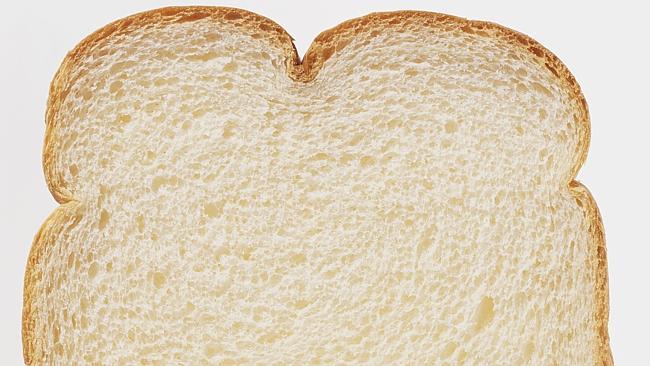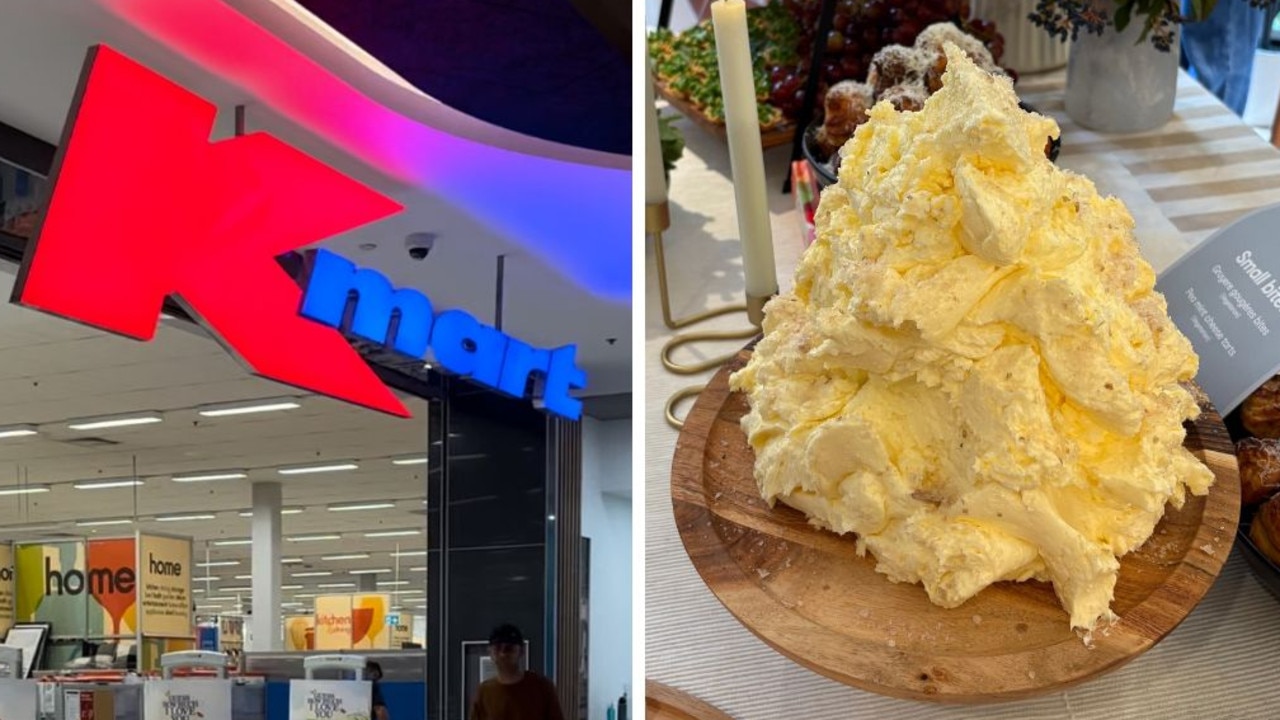How to ace cleaning using ingredients from your pantry
WHAT do salt, bread, coffee grounds and olive oil have in common? They can all be used to clean your home!

Interiors
Don't miss out on the headlines from Interiors. Followed categories will be added to My News.
WORLD Environment Day is fast approaching (it’s June 5, FYI) so we thought it was the perfect opportunity to overhaul some of your daily habits to help keep the planet clean, starting with ... your home.
There are so many simple ways that you can help the environment by using chemical-free ingredients from your pantry for cleaning, Anthony Dunne from home cleaning service Helpling explains to news.com.au.
“Natural products like salt, sugar and even lemons act as great cleaning products,” Mr Dunne says. “It’s all about making a potion, applying to the surface and letting Mother Nature do her job.”
Here are some of his secrets ...
LEMONS
Lemons contain citric acid and act as a natural disinfectant. A mixture of lemon juice and boiled water will help to kill household germs for any kitchen or household items requiring sterilisation, such as baby toys. Lemons can also be used as a whitening agent for dish towels and linens instead of bleach.
Tip: Soak your whites in a solution of 1 part lemon and 4 parts water solution overnight and hang to dry in the sunshine the next day. Lemon juice can also be used to remove soap scum and hard water deposits in your bathroom. Apply the lemon juice with a cleaning sponge on the trouble areas and let it sit for a couple of hours before rinsing.
DISTILLED WHITE VINEGAR
Vinegar is such a versatile cleaning substitute; so much so it’s hard to find examples of what cannot be cleaned by this household staple. Store purchased vinegar typically contains 5 per cent acetic acid, the main ingredient for tackling grease and bacteria. Vinegar is especially good at decalcifying mineral deposits or cleaning non-waxed floors. Use it to clean your coffeemaker and stainless steel appliances to fight against oily residues and other deposits.
Tip: Mix half a cup of vinegar and half a cup of water together and rinse this through the coffeemaker. This will get rid of old coffee stuck to the sides that you can’t reach with a brush. To end run hot water through the machine two times to get rid of the vinegar odour.
OLIVE OIL
Not to be outdone by vinegar, olive oil helps to remove adhesives from wood, plastic, leather or any other smooth surface. It also adds shine to dull wooden surfaces and even help to neutralise smells coming from your drains.
Tip: Mix one tablespoon of olive oil with a dash of essential oil and pour down your drain remove the smell. Olive oil can also to be used to prevent water stains on your stainless steel kitchen sink and refrigerator. Wipe the kitchen sink with a light layer of olive oil using a paper towel to help prevent water stains and those annoying spots that make any cleaning job look undone.
COFFEE GROUNDS
Used coffee grounds are great for absorbing unpleasant smells from your rubbish bins, refrigerator and even your hands after handling onions and garlic while cooking. Coffee grounds can also be used to help scrub hard to remove leftovers from your dishes
Tip: Place 2 teaspoons in the affected smelly areas instead of using chemical freshener sprays. After cooking simply soak your dirty dishes in mixture of warm water and 2 to 3 teaspoons of coffee grounds for an easier wash.
BAKING SODA
Some of your favourite fruits and vegetables like celery, peaches, blueberries and greens need thorough washings to get rid of hidden traces of dirt and pesticides. These can be reduced by using baking soda as the cleaning product. Baking soda is also a gentle but effective abrasive and works well for removing grimy layers built up on toasters and other kitchen appliances made of chrome or stainless steel. This layer of film can be removed by dipping a soft damp sponge in a little baking soda and applying to the surface.
Tip: For fruits and vegetables that require washing, soak them in cool water for about 5 to 10 minutes with a few tablespoons of baking soda while occasionally scrubbing with a vegetable brush.
ESSENTIAL OILS
Essential oils are a great cleaning product using both the oil and aromatherapeutic qualities to reduce smells.
Tip: Add 25 drops of eucalyptus oil to your bedding wash cycle. Dust mites hate this smell. Essential oils such as lavender or lemongrass oil also contain antiseptics and can be used to clean windows. Add a few drops to water to clean grime away from windows and wipe down after with a clean cloth.
BREAD
A strange natural cleaning product that works very effectively is the soft inside section from a piece of bread. This is great alternative to sprays to reduce dust, and great to use when it comes to cleaning antiques. Furthermore, dampened bread is also a good way to pick up small pieces of broken glass.
Tip: First, lightly dust the painting and then dab it with the doughy part of the bread to gently remove accumulated dirt and other particles. The bread easily breaks apart as it picks up the dirt that’s not visible to the naked eye. Use a soft brush to wipe away the breadcrumbs afterwards.
SALT
Salt can be used to scour stains from teacups and coffee mugs working as a grease absorbent.
Tip: Sprinkle salt on food spills in your oven to keep them from hardening. Before washing greasy iron pans, add salt to absorb the grease and then wipe away. Salt can also be used together with baking soda and vinegar to unclog shower drains. Pour 1 cup of salt, 1 cup of baking soda and half a cup of white vinegar down your bathtub or shower drain. After 10 minutes, rise by pouring 2 litres of boiling water down the drain.
Originally published as How to ace cleaning using ingredients from your pantry


